
Simple Heuristics That Make Us Smart
Read or listen offline
Recommendation
People aren’t computers. Human beings live in a real world of scarcity and constraint. Even though time and information may be scarce, human beings must make high-stakes decisions. Probability and logic offer models for the thought process of choosing between alternatives, but decision makers often do not have enough hours, data and skill to use these sophisticated approaches. Fortunately, some rough and ready cognitive shortcuts perform as well as or better than the most elaborately sophisticated models - at least in the real world context of limited information and time. Working with the ABC Research Group, authors Gerd Gigerenzer and Peter M. Todd explore some of those shortcuts, called "heuristics." They discuss in length and depth a series of experiments that demonstrate the value of heuristics. This is not light reading. It requires a level of comfort with academic style, mathematics and symbolic logic. Readers unfamiliar with cognition literature may find it a struggle - but getAbstract.com believes that those who persevere will find enough new insight to make the effort worthwhile.
Summary
About the Authors
Gerd Gigerenzer is co-director of the Max Planck Institute and Professor of Psychology at the Freie Universität Berlin. He wrote Calculated Risks: How To Know When Numbers Deceive You. The book’s German translation won the Scientific Book of the Year Prize in 2002. Dr. Peter M. Todd is Professor of Cognitive Science and Informatics at Indiana University. In total, 18 expert authors contributed to this book.








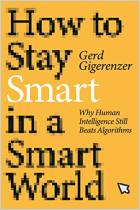
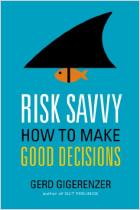
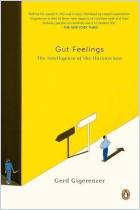
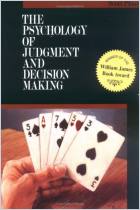
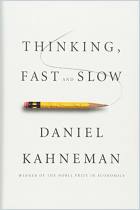
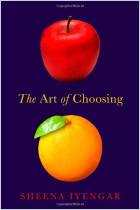

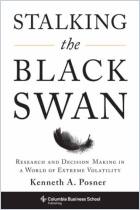
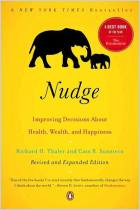



Comment on this summary or Начать обсуждение